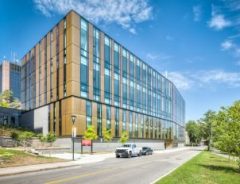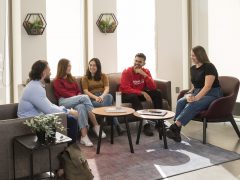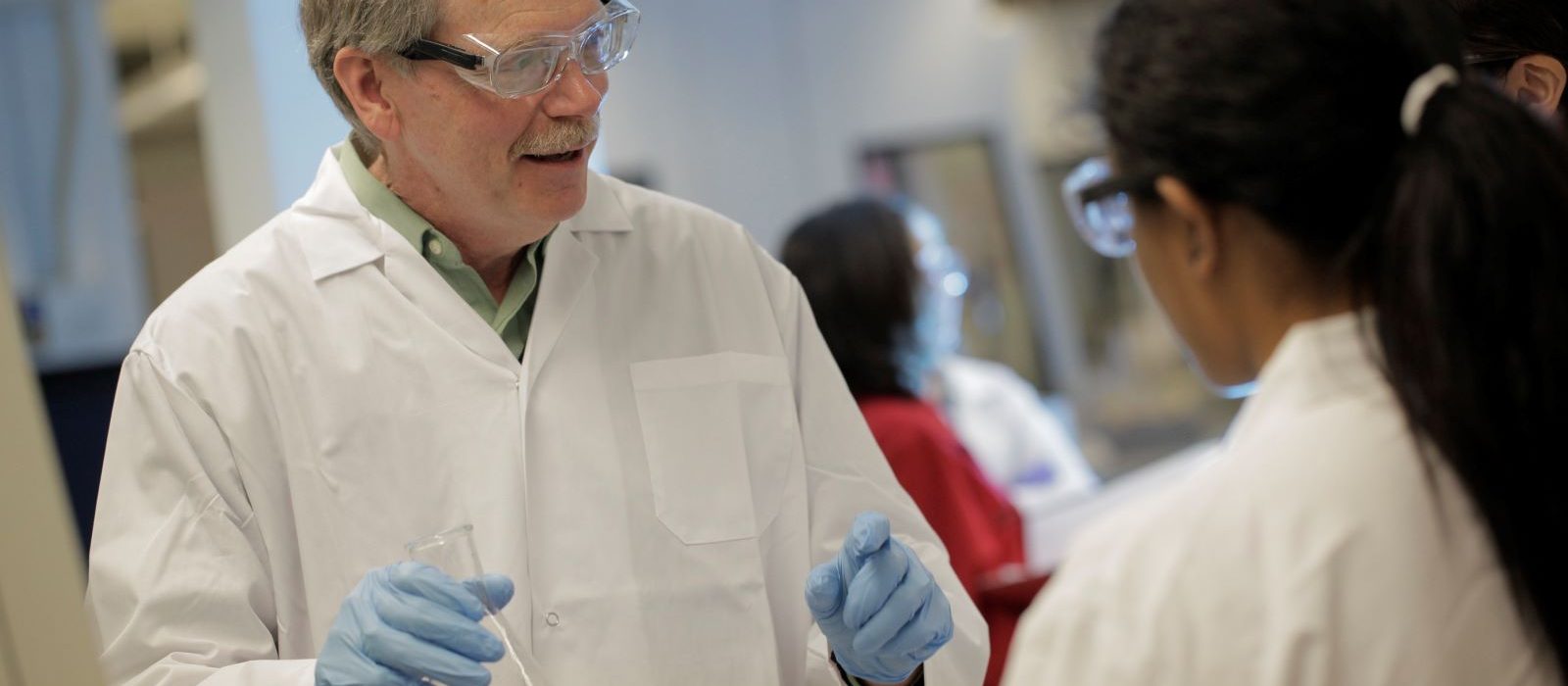- Introduce and expand initiatives that further enhance student learning and success in the classroom
- Develop recruitment and retention strategies that meet the needs of changing student populations
- Improve students’ graduation and employability outcomes
- Expand quality academic programming that responds to societal needs and questions
Introduce and expand initiatives that further enhance student learning and success in the classroom
- Support the implementation of the Transforming University Education report, recognizing that the future of teaching and learning at Carleton is empowering, collaborative, flexible, and sustainable
- Enable students to progress in their studies and complete all academic requirements leading to graduation by:
- Developing intuitive degree maps that help students see what they have achieved, and what remains to be completed, in order to graduate (undergraduate and graduate programs)
- Rethinking assessment mechanisms in undergraduate courses where relevant and feasible
- Implementing compassionate grading policies
- Improving course success rates by providing supports to ensure students attain learning outcomes, with the overall goal of reducing DFW rates—the proportion of Ds, Fs, and withdrawals in a given course or program—to below 20 per cent
- Identifying and mitigating program elements that may systemically impact students’ progress through their programs
- Reviewing factors such as prerequisites, course order, course substitutions, and transfer credits to develop appropriate strategies that allow students more flexibility in program progression where possible
- Maintaining strong academic advising practices within academic units
- Use research-informed teaching practices to foster the development of skills, methodologies, and cultural awareness for student success at the university and beyond. For example:

- Take advantage of our existing research strengths in implementing new technologies for learning, including XR used to enhance the user experience (e.g., with the research conducted through our interactive media group)
- The Global Citizen Scholar capstone certificate will enable students to acquire a set of transferable skills and competencies
- The Students as Partners Program provides students with the opportunity to develop and hone important academic and transferable skills and to foster a student-centered learning environment.
- Explore artificial intelligence tools that have implications for academic integrity
- Support instructors and academic units in re-imagining and re-designing courses for student success through 15 TLS Course Transformation Projects per year
Develop recruitment and retention strategies that meet the needs of changing student populations
- Commit to the ongoing pursuit of disciplinary, foundational, and specialized knowledge, through teaching, learning, and research opportunities
- Take advantage of internship and fellowship opportunities for graduate students to provide research experiences in industry and other settings
- Engage in curricular and programming innovation to:
- Re-imagine or create degree programs along thematic areas, which would cut across disciplines to provide an in-depth understanding of the intersecting dimensions of a societal issue or question
- Reduce the number of choices within a program that students must select at the application stage
- Adapt program delivery to the needs of the various student populations; for example, explore alternate teaching modalities, course length, and delivery times
- Support the development and implementation of five new online programs, such as online BA and MBA programs, and establish the necessary corresponding administrative systems to support delivery
- Engage in undergraduate non-curricular innovation to ensure the alignment of academic programming with support opportunities and services, including the Innovation Hub, student success centres, certificates, field courses, project-based learning, skills development, university-wide capstone experience, Future Learning Lab, and Experiential Learning Hub
- Collaborate on recruitment activities with Faculties and the Students and Enrolment division to ensure strong alignment between program offerings and their presentation to prospective students
Additional information about Carleton’s activities in this area is available in the Students and Enrolment Strategic Plan
Improve students’ graduation and employability outcomes
 Enable faculty and instructors to use learning analytics appropriately as an early warning diagnostic for students who may have challenges in their courses
Enable faculty and instructors to use learning analytics appropriately as an early warning diagnostic for students who may have challenges in their courses- Expand and support opportunities for experiential learning, including opportunities within the Carleton-Dominion Chalmers Centre, CU@Kanata, undergraduate research experiences (including Undergraduate Student Research Awards), student government, student clubs and societies, and athletics to reimagine what counts toward experiential learning experiences, both for credit and non-credit
- Develop a strategy around micro-credential courses that would allow students to accumulate enough courses to obtain a certificate or other designation
- Ensure that there is a sufficient degree of flexibility in academic programming, which are suited not only for the traditional student, but also students arriving at Carleton in different life and career stages, and / or who may opt to work full time and study part time. For example, review components such as microcredentials, degree reconfiguration, lifelong learning, continuing education, and professional development and review rules and regulations (e.g., time limit requirements for completing graduate programs for part-time students) that might appear as obstacles or deter non-traditional students.
Additional information about Carleton’s activities in this area is available in the Students and Enrolment Strategic Plan; and the Employability Framework
Expand quality academic programming that responds to societal needs and questions
- Continue to implement modules across all disciplines to provide all students an opportunity to encounter topics relevant to broader social engagement. For example, media awareness, ethics, scientific literacy, understanding data, and cultural literacy.
- Design courses or programs to meet the most relevant demands in the National Capital Region. For example, public administration and policy; technology and the administration of technology; communications and media; cultural sector; language competencies; translation and interpretation; French and Indigenous languages; languages for Global Affairs; professional development; Indigenous knowledge; equity, diversity and inclusion; bridging courses for immigrants to attain Canadian professional equivalents.
